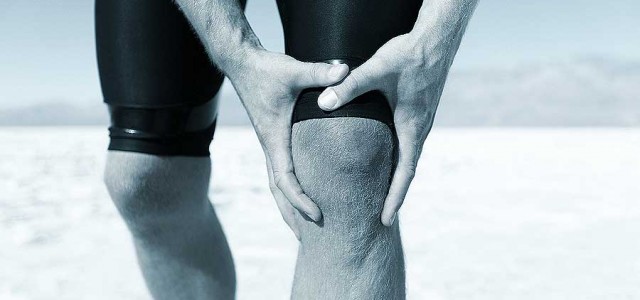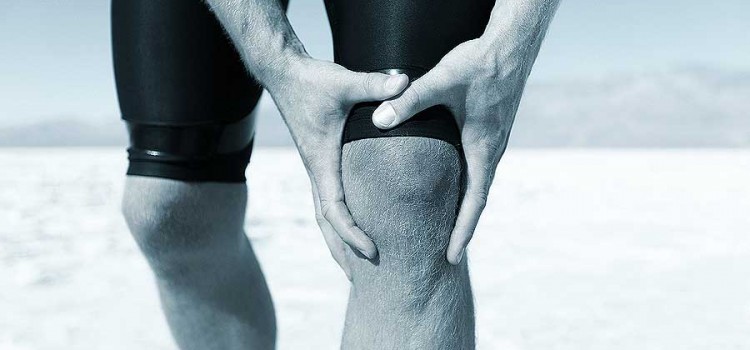

7 Tips for Half Marathon Injury Prevention
Injury Prevention and Recovery February 18, 2014 admin 0

When training for your race, it is critical that you practice half marathon injury prevention. Having good shoes, good running form and sufficient recovery time after workouts will definitely minimize the risk of injury.
Many half marathon runners experience a number of injuries during training. It is important that you treat any injuries as soon as you start experiencing any symptoms. If you need to skip a run or two, then that’s okay since you will still be able to participate in the race. However, if you ignore the symptoms, you might find that the injury gets worse, and that could prevent you from participating in the event. Therefore, injury prevention is one the key aspects of half marathon training.
Here are some helpful tips on half marathon injury prevention.
Heed injury warning signs
Most runners tend to experience a variety of injury symptoms but tend to ignore them. Addressing some injury issues goes a long way in preventing irreversible damage. Depending on the kind of injury you are experiencing, treatment options could include the use anti-inflammatory medication, ice, rest days or all the above. If you continue to run while you are injured, you will slow down your recovery process or even worsen the injury. In addition, if you change your running style because of an injury, it may lead to subsequent injuries. In case the injury you have doesn’t respond to rest or rehabilitation, you should then seek medical advice from a physician who is familiar with running or sports related injuries. Some injuries can be more serious than you think and that is why you should have them checked by a physician.
Hydration
One of the best ways to prevent training injury is to stay hydrated. Drinking sufficient amounts water ensures that your body is able to sustain long runs. During training, runners need to pay attention to the amount of water they are drinking. The amount of water you lose because of sweating during training needs to be replaced so that you don’t get exhausted and pass out.
Wear the appropriate shoes for running
The kind of shoes you use during training matters a lot. When your old training shoes reach a maximum of 500 miles, the best thing to do is buy new ones. They will help you to run better and avoid injuries such as sprains or bruises because falls.
Stretching
One of the most effective ways of avoiding training injuries is to stretch at least 15 minutes before or after your race. Injuries such as muscle soreness and tightness occur because of insufficient stretching. In addition to preventing these kinds of injuries, stretching also helps to improve your performance.
Include weight training
Weight training helps to improve the overall strength of your body. Increased strength means that your body is less prone to injury and exhaustion during training. The added strength means that your body can sustain longer runs without you getting easily tired, which is a very good thing when it comes to half marathon training.
Add some cross-training activities
If you intend to engage in cross-training activities, you should make sure that they supplement your training routine and do not increase your level of fatigue to the point of interfering with your running program. If you are able to do this, cross-training activities can help tune your body for running.
Utilize recovery techniques
There are various therapeutic techniques that runners can employ when trying to recover from exhausting runs or from the piling effects of hard training over long periods of time. Massage therapy is an ideal way to recover from a hard race, long runs or weeks of heavy training. Splashing cold water on fatigued legs after a long run or race is also a very good therapeutic technique. Soaking your legs in a whirlpool of warm water for a few hours after a run often helps in the recovery of fatigued muscles. The water should be around 105 degrees. In addition, something as simple as taking a long walk or an easy bike ride for a few hours after hard training can help to relieve fatigued legs.
By following the above tips, it is easy for runners to avoid injuries during their training program. Good luck on the big day!
No comments so far.
Be first to leave comment below.